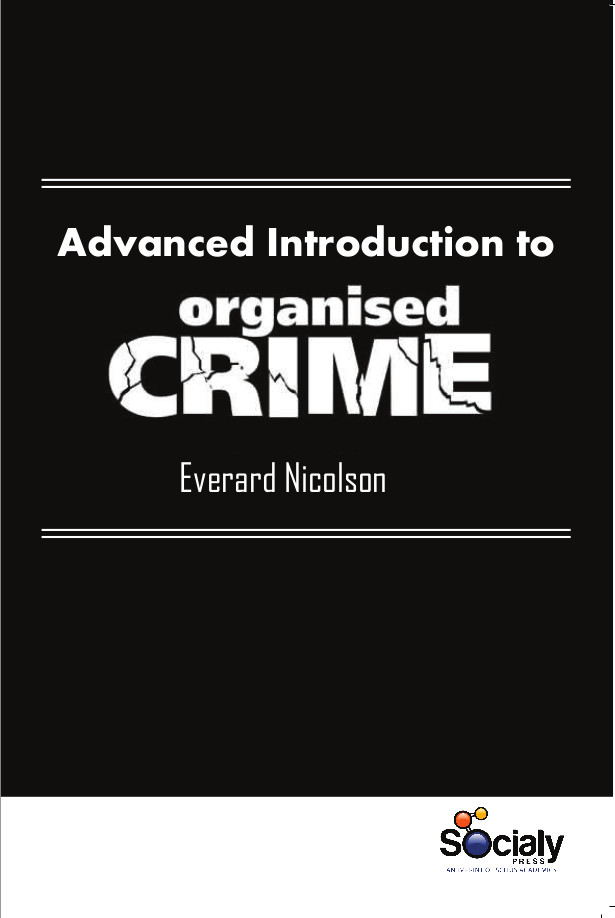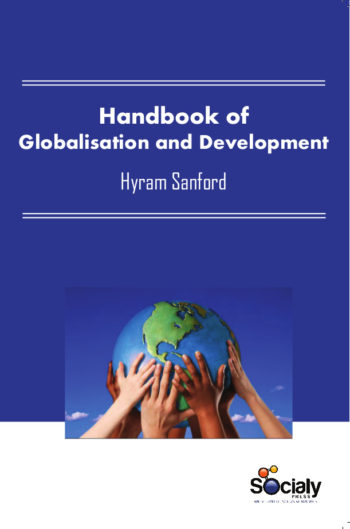Organised crime has become a major problem worldwide. Organized crime threatens peace and human security, violates human rights and undermines economic, social, cultural, political and civil development of societies around the world. Worldwide organized crime evidents in many forms, together with as trafficking in drugs, firearms and even persons. At the same time, organized crime groups exploit human mobility to smuggle migrants and undermine financial systems through money laundering. The vast sums of money involved can compromise legitimate economies and directly impact public processes by ‘buying’ elections through corruption. It yields high profits for its culprits and results in high risks for individuals who fall victim to it. Every year, countless individuals lose their lives at the hand of criminals involved in organized crime, succumbing to drug-related health problems or injuries inflicted by firearms, or losing their lives as a result of the unscrupulous methods and motives of human traffickers and smugglers of migrants. Its negative impact on economies, societies, politics, human rights and security is profound: fraud, money laundering, drug, arms and human trafficking, and collusion with both law enforcement and terrorists, for example, are all significant issues.
Advanced Introduction to Organised Crime presents a composite of analyses and syntheses of research on organized crime, examines the nature and causes of contemporary organised crime, and offers constructive suggestions on how to counter it. The texts also include reviews on current issues in organized crime.
Organized crime has diversified, gone global and reached macro-economic proportions: illicit goods may be sourced from one continent, trafficked across another, and marketed in a third. Transnational organized crime can permeate government agencies and institutions, fuelling corruption, infiltrating business and politics, and hindering economic and social development. And it is undermining governance and democracy by empowering those who operate outside the law. Its profound insights are invaluable to practitioners and policy makers, as well as the academic community, including law enforcement officers, investigative journalists and criminologists.










